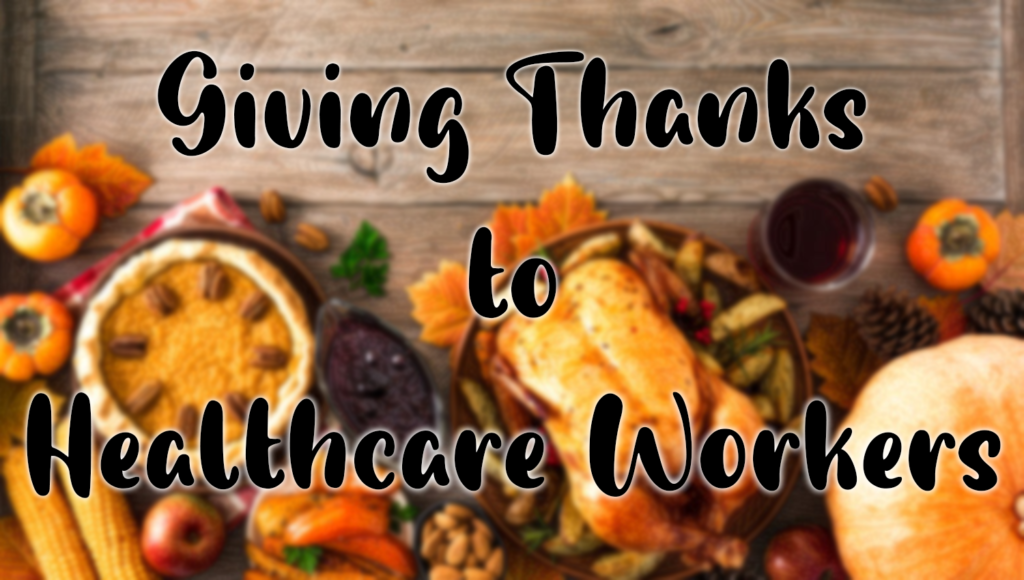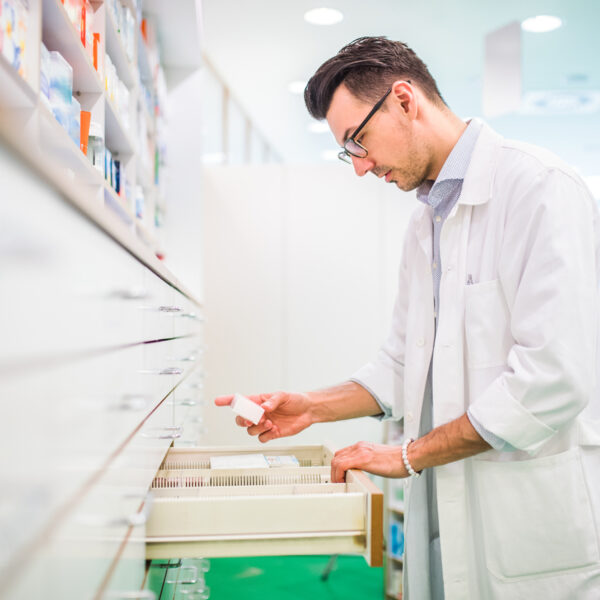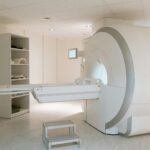We are nearing the height of the thankful season. People are buying turkeys and preparing family recipes, setting aside time to volunteer, and working on their lists of what they are most thankful for. On top of the usual family, friends, and pets that top these lists, think about including your local healthcare providers this year.
We depend on our local providers, be they general practitioners or specialized professionals, to care for us at possibly a moment’s notice. We depend on them for their extensive knowledge and insight and trust them to guide us back to health. Of course, we say our thanks at the end of our visits and on our way out the door, but how can we really show the local healthcare communities how much we appreciate their hard work?
Education
It does not have to sound flashy to be flashy. Educating yourself and others is a fantastic way to relieve pressure from medical professionals. Learning the difference between what actively needs medical attention and what can and should be attended to and monitored from home clears out waiting rooms, schedules, and can ensure that those who need treatment receive it in a timely manner.
Taking CPR/Basic Life Support (BLS) classes can be incredibly helpful. Groups like the American Heart Association regularly have classes and certification courses running cross-country. Additionally, brushing up on signs of a stroke, aneurysm, or other medical issues that need immediate treatment can help save a life at the end of the day. Ultimately, a doctor’s word and care should always come first, so even if someone seems to have recovered, contact your local professionals and follow their advice as soon as possible.
Donation
No one can deny that money is a huge help for research groups or medical projects with low funding, but that is not the only type of donation you can make. Blood and plasma donations are also very effective ways to help others. These groups abide by very specific rules on a person’s conditions and the timing between donations, so you can rest assured that you will be well cared for during the process.
Beyond easier donations like that, there are also long-term ones such as organ donations. Becoming an organ donor is not an easy choice to make and should certainly not be made alone. Speak with your loved ones and look over stories from those who have received organs before making your choice.
Volunteer
Volunteering is another great way to get involved if your community gives you the chance to do so. Check with your local healthcare providers to see if they accept volunteers in office. It is not as common of a practice as it once was, but some offices still need a helping hand here or there.
While calling, you should also check and see if they are doing any drives that you can help with. Whether it is for a blood drive, a flu-shot drive, or anything that needs set up and tear down, they will likely be thankful for an extra set of hands. Many groups might also need people to stay to hand out juice and cookies for those who donate blood or plasma or to help coordinate incoming patients with available professionals.
Healthcare does not take a break, even on the holidays, so showing your thanks this season can go a long way. If you are looking forward to being thankful about a new job this season, then check out our job board here or send us an updated resume here. Either way, we’ll have you connected with a specialized recruiter as soon as possible.











